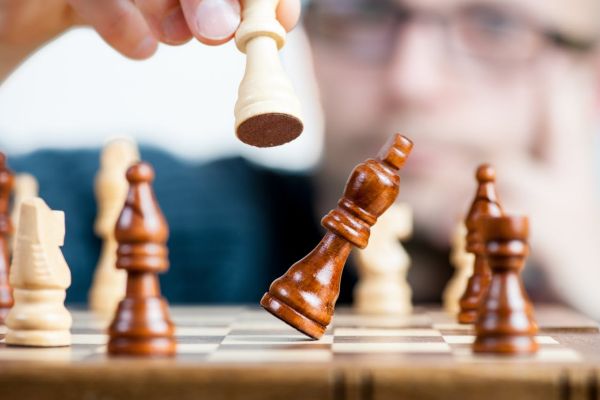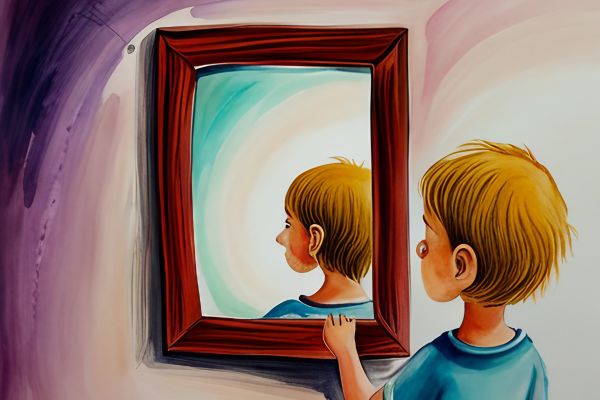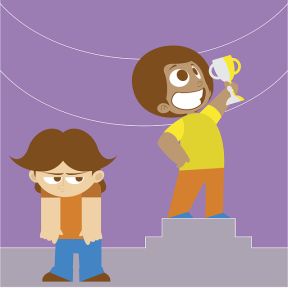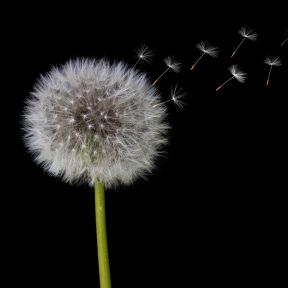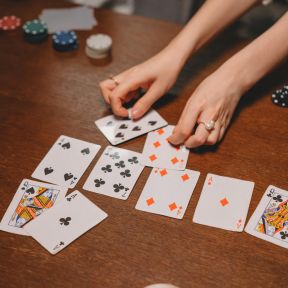Happiness and Health
Health and happiness are two basic pillars that most people agree constitute a good life. And the two turn out to be more intertwined than one might think. The question of whether one causes the other or if the two are only correlated is difficult to tease apart, but there's no doubt that a strong connection exists.
Researchers have pinned down connections between happiness and more specific aspects of health, such as the immune response we mount in response to a virus or how long our lives will ultimately be.
It’s difficult to distinguish the direction between health and happiness. Does a happy person also have better health care and stronger relationships, which benefits their health? Does dealing with a chronic illness consistently worsen mood? Researchers aim to control for these questions, but the direction will always be challenging to say for certain.
Happiness is associated with an array of physical health benefits, such as lower blood pressure, reduced risk of stroke, a stronger immune system, and even a longer life. Positive emotions are also linked to a reduced risk of injury in young adults and frailty in older adults.
Yes, happiness is correlated with a longer lifespan. People who report feeling a stronger sense of happiness and well-being live longer, on average, than do those who report weaker feelings, and the effect exists for both men and women.
Happiness is linked to having a strong immune system, helping prevent illness and making symptoms less severe. For example, in a group of people exposed to a flu virus, those who had typically reported more positive emotions were less likely to get sick. The same occurred for people whose happiness was intentionally boosted before exposure to the virus.
There are a few different ideas to explain how happiness benefits health. One is that positive emotions lead to positive behaviors and changes, such as exercise, sleep, a nutritious diet, supportive relationships, and coping skills. Another is that positive emotions function to decrease stress and the harmful toll it can take on the body.
There’s no evidence that a happiness intervention can cure illnesses or speed recovery time. But positive psychology interventions can help reduce symptoms of depression. They can also help improve mental health and life satisfaction.
Health and happiness broadly overlap, but there are also narrower ways in which health can boost well-being. The foods we consume, the exercise we do, and the diseases we face all play a role.
There are various theories for why health may lead to happiness. Some research suggests that when people take better care of themselves, they come to feel happier. Some research suggests that people who are healthier just have a more positive outlook. Still other research suggests that an underlying factor such as genetics or personality contributes to both.
Exercise prompts the body to produce endorphins and enkephalins, hormones that relieve pain and boost pleasure. These chemicals are responsible for the feeling of a “runner’s high.” Exercise also shifts our focus away from current concerns and damaging self-talk and leads us to spend time outside or with others.
More and more research now shows an important relationship between the gut and the brain. Certain foods can strengthen the gut microbes that support mental health, such as fish, which is high in omega-3 fatty acids, and veggies, which are high in fiber.
Chronic pain or disease can take a heavy toll on well-being. People may struggle with the stress of constantly navigating the healthcare system for a diagnosis or treatment. They may be fearful of how life will change, in terms of relationships or career, and face financial pressure. They may grieve for pieces of their life that are altered or lost.
People dealing with an ongoing illness can practice self-compassion, mindfulness, and equanimity to help manage their happiness and mental health. Self-compassion can prevent harmful self-talk and self-blame, and mindfulness can relieve people from stressful thoughts of pain and sickness by bringing them into the present moment.

